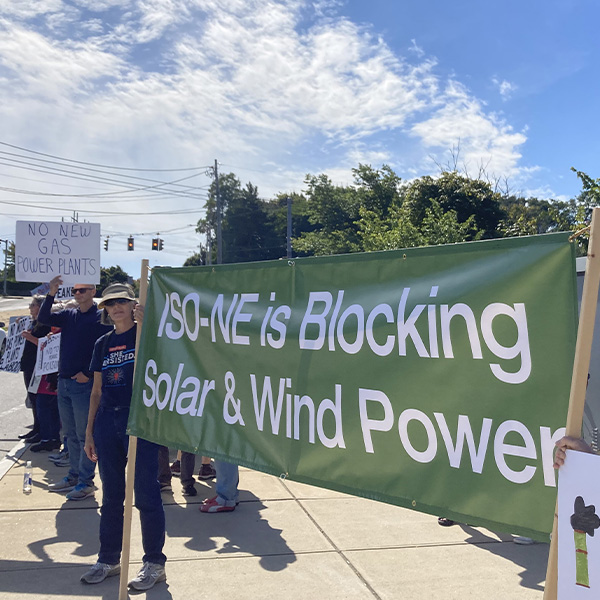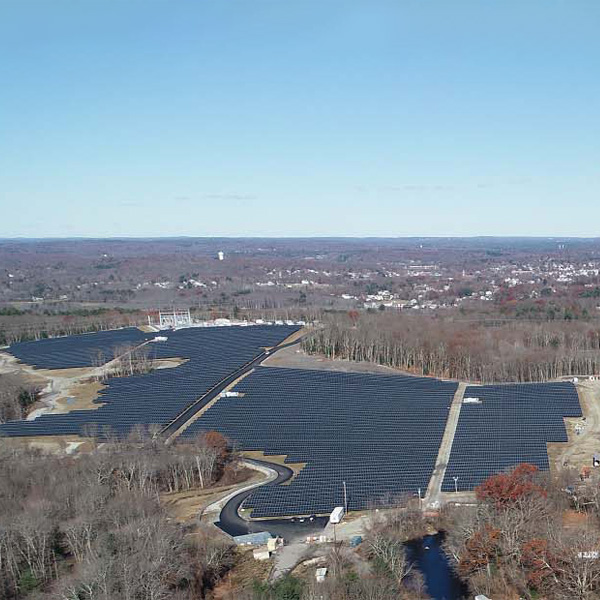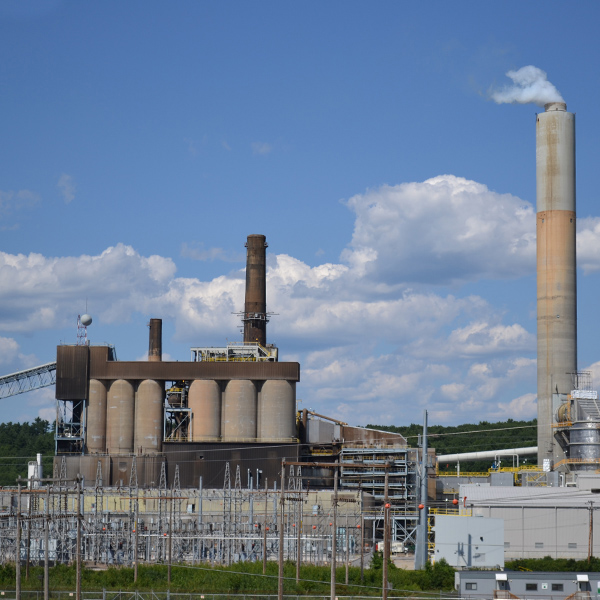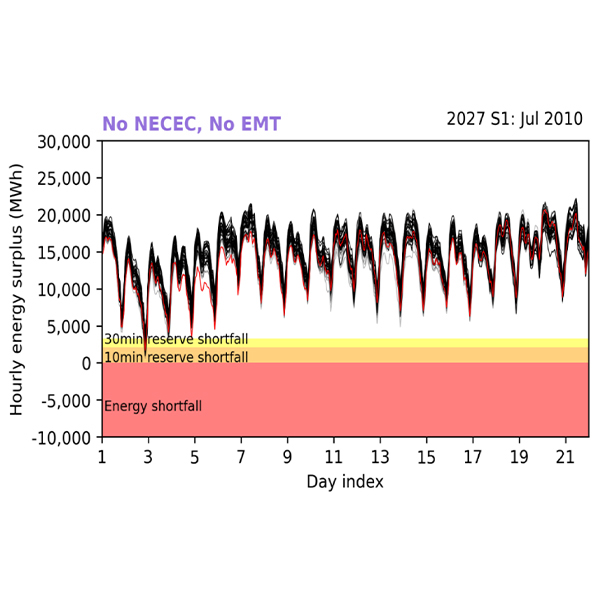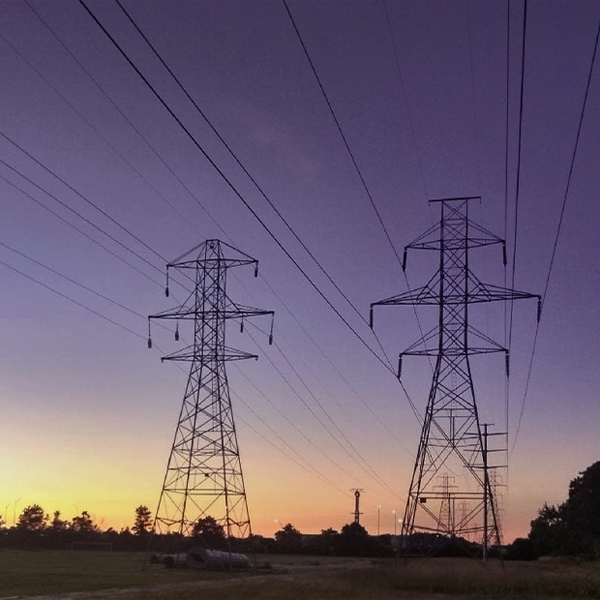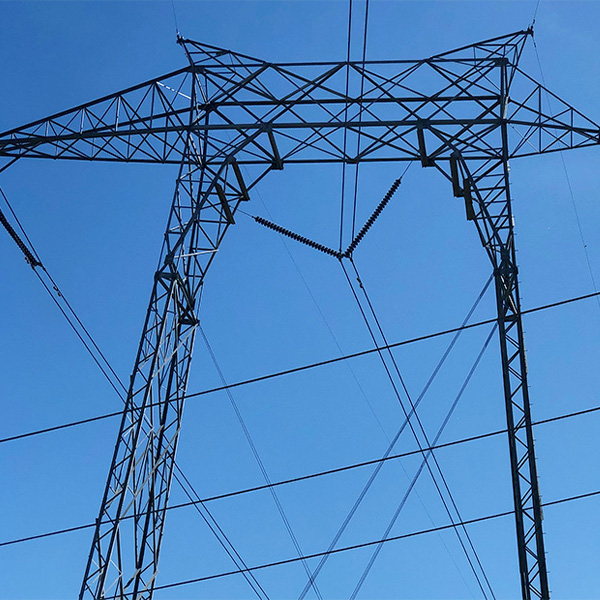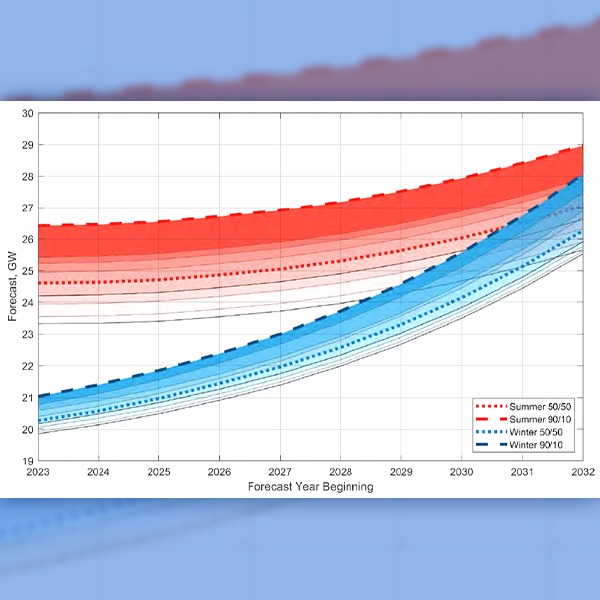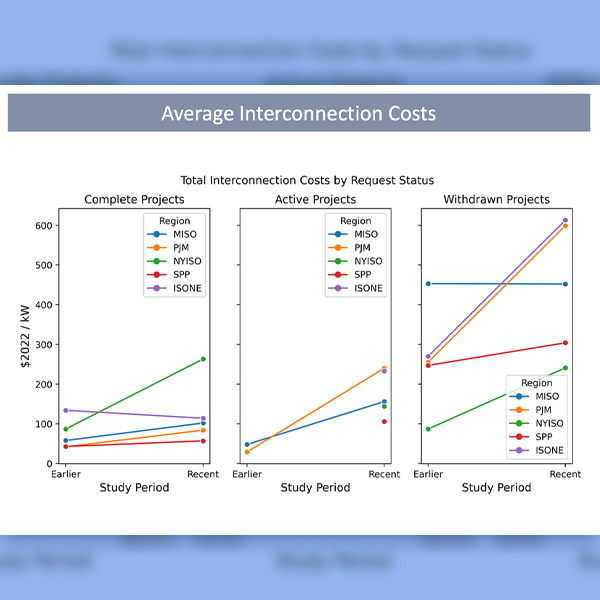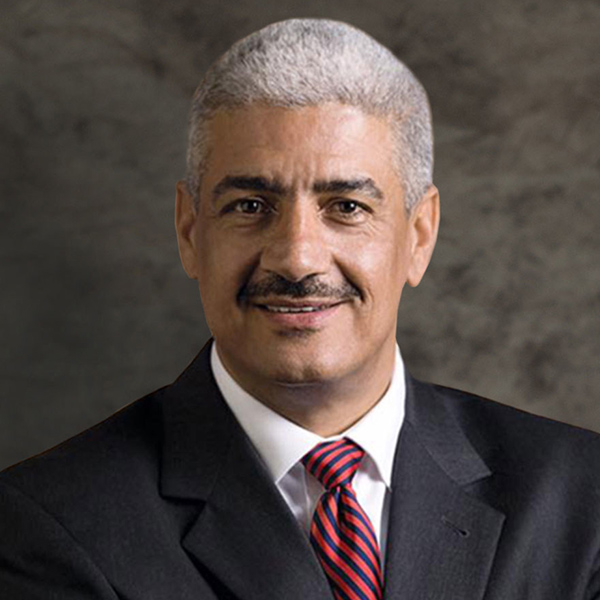ISO New England (ISO-NE)
High-level energy officials from Connecticut, Maine, Massachusetts, Rhode Island and Vermont asked ISO-NE to establish an executive-level environmental justice position.
The D.C. Circuit Court of Appeals denied a pair of petitions by Green Development over FERC’s approval of transmission charges connected to a proposed solar project.
ISO-NE expects system emissions to fall by nearly half by 2032 as gas generation declines, but projects coal and oil generation to increase to cover winter peak loads.
FERC again ruled that the issues raised by environmental organizations about the FCA fall outside the scope of the proceeding.
The summer 2027 results from the ISO-NE and EPRI joint study on extreme weather impacts on grid reliability found no risk of energy shortfall with or without the Everett LNG import terminal.
ISO-NE presented stakeholders the pros and cons of moving to a prompt and seasonal capacity market.
Canadian wildfires caused just the third ISO-NE capacity deficiency since 2016, demonstrating the increasing reliability threat of climate change.
ISO-NE outlines a potential switch to a prompt and seasonal capacity market.
Interconnection costs are on the rise across the U.S., according to a Lawrence Berkeley National Laboratory analysis of thousands of projects in five organized electricity markets.
ISO-NE announced the election of three candidates to its board, including new board member Craig Ivey and the re-election of current board members Brook Colangelo and Mark Vannoy.
Want more? Advanced Search
